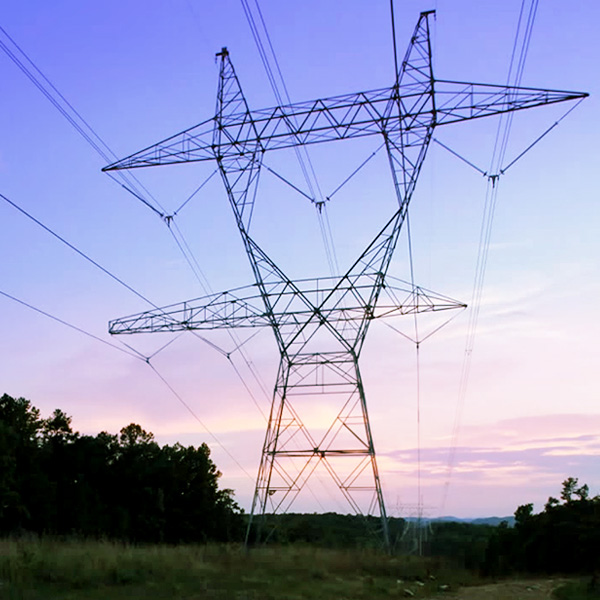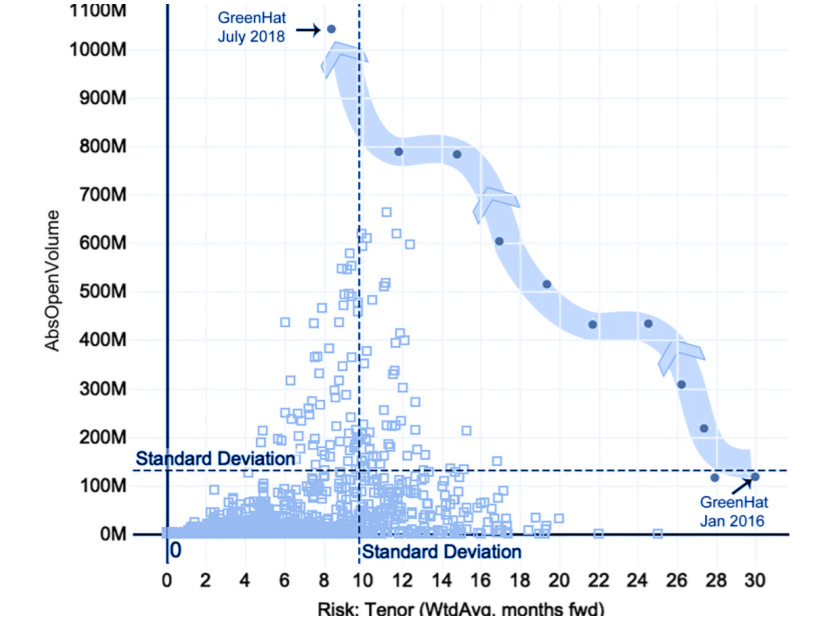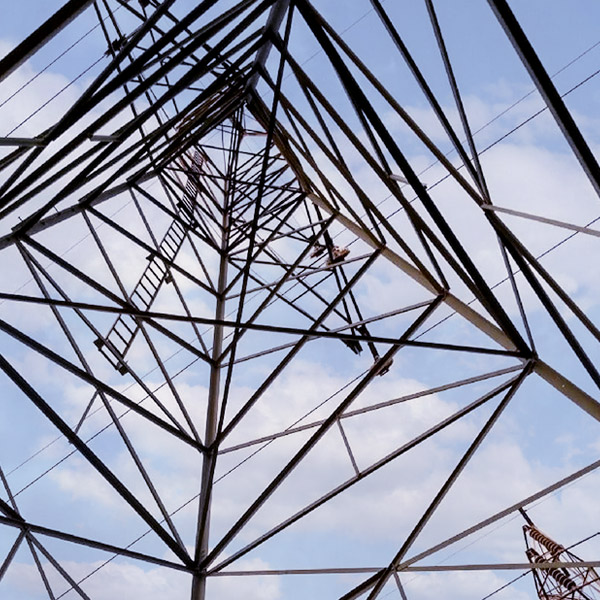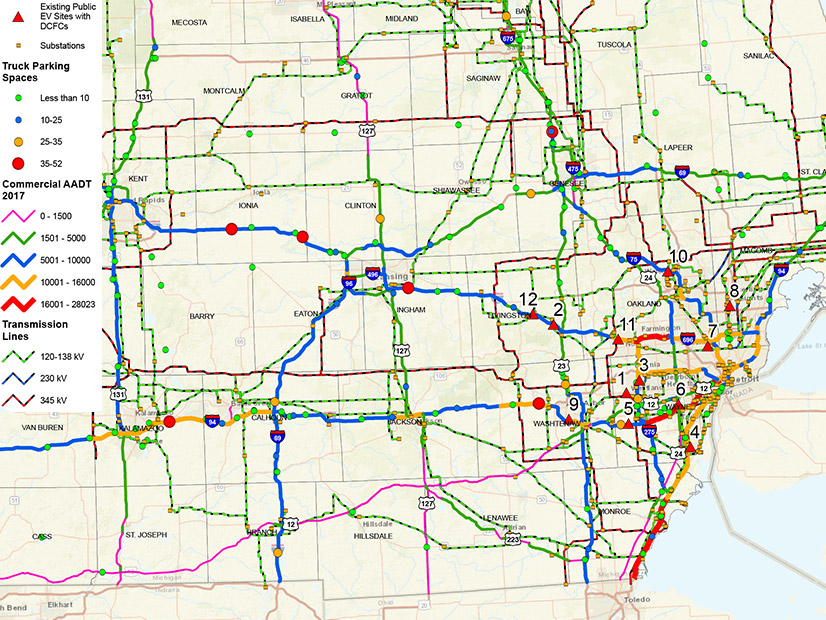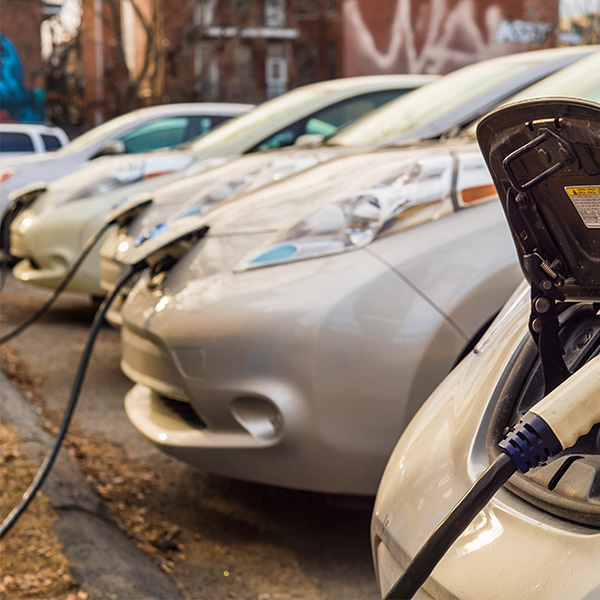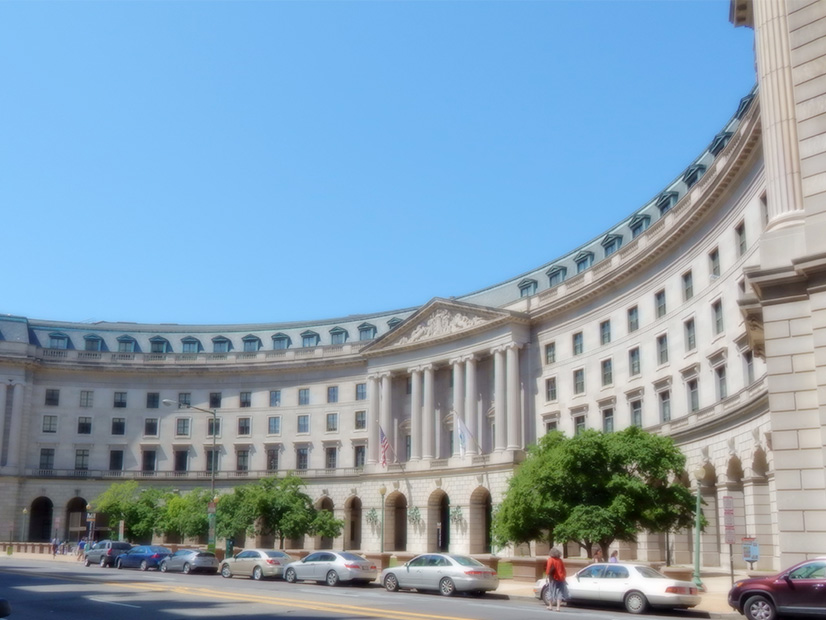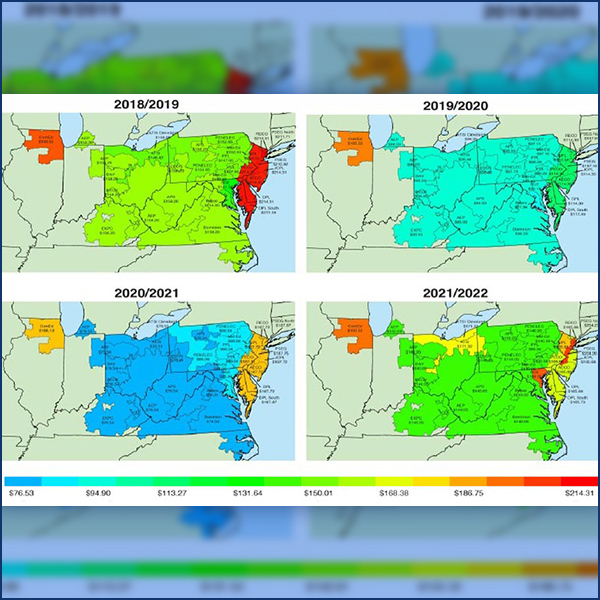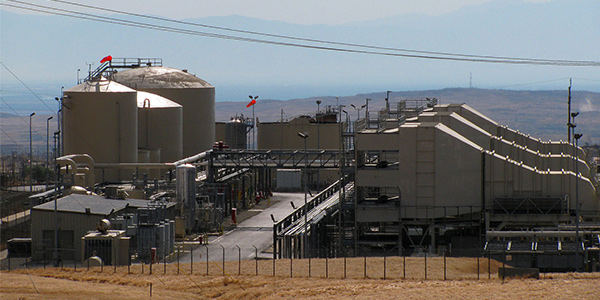FERC & Federal
The Federal Energy Regulatory Commission is an independent regulatory agency that oversees the transmission of electricity, natural gas and oil in interstate commerce, as well as regulating hydroelectric dams and natural gas facilities.
FERC approved several interconnection and facilities service agreements submitted by MISO to comply with a 2019 commission ruling.
FERC rejected GreenHat Energy's arguments in a rehearing request on its contract dispute with Shell Energy.
FERC voted to approve a supplemental NOPR that would scale back a transmission rate adder designed to encourage utilities to join RTOs.
FERC sided with 2 Mich. utilities in a turf war with METC over its request to spend $15 million on a pilot project to build chargers for long-haul trucks.
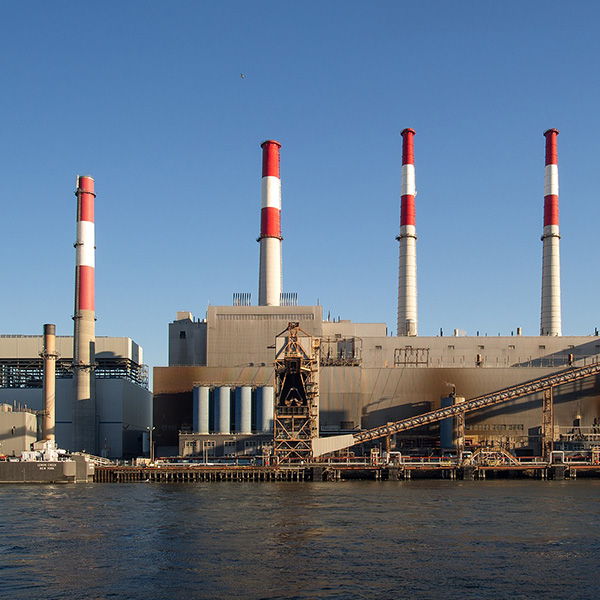
Rhododendrites, CC BY-SA 4.0, via Wikimedia Commons
FERC approved a policy statement on how it would review carbon pricing proposals in organized wholesale electricity markets.
A report from UC Berkeley calls for massive ramp-up of solar and charging infrastructure so the U.S. can reach 100% EV sales by 2030.
President Biden’s opening bid on the 2022 budget makes good on his promise to use a “whole of government” approach to address climate change.
FERC is asking for stakeholder comments regarding its technical conference last month on capacity markets and the role of PJM’s MOPR.
FERC sent CAISO’s first systemwide RMR agreement to settlement proceedings after the ISO raised questions about the contract's fairness.
ACEEE found that only six states have policies encouraging or requiring environmental justice be built into programs for rolling out EV chargers.
Want more? Advanced Search
